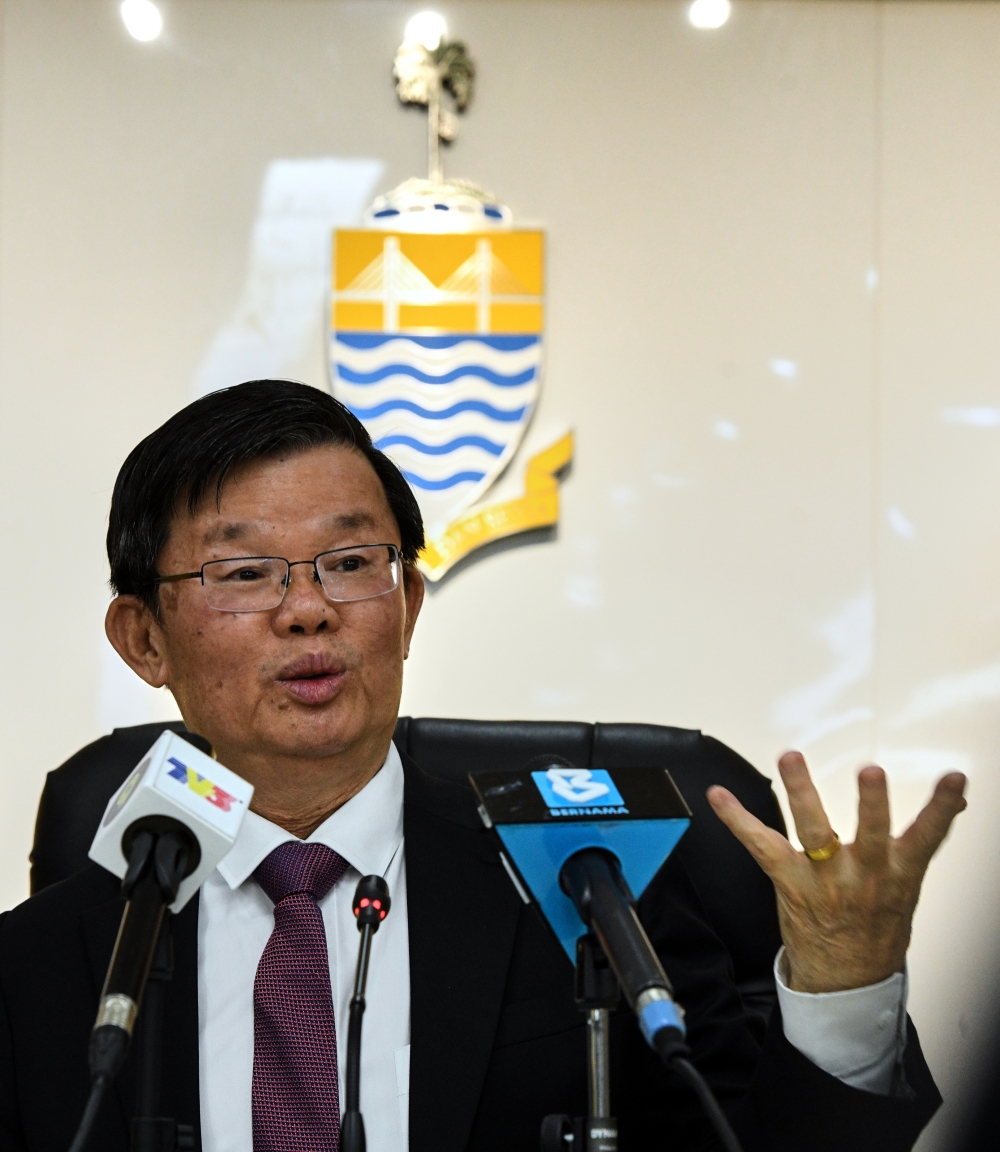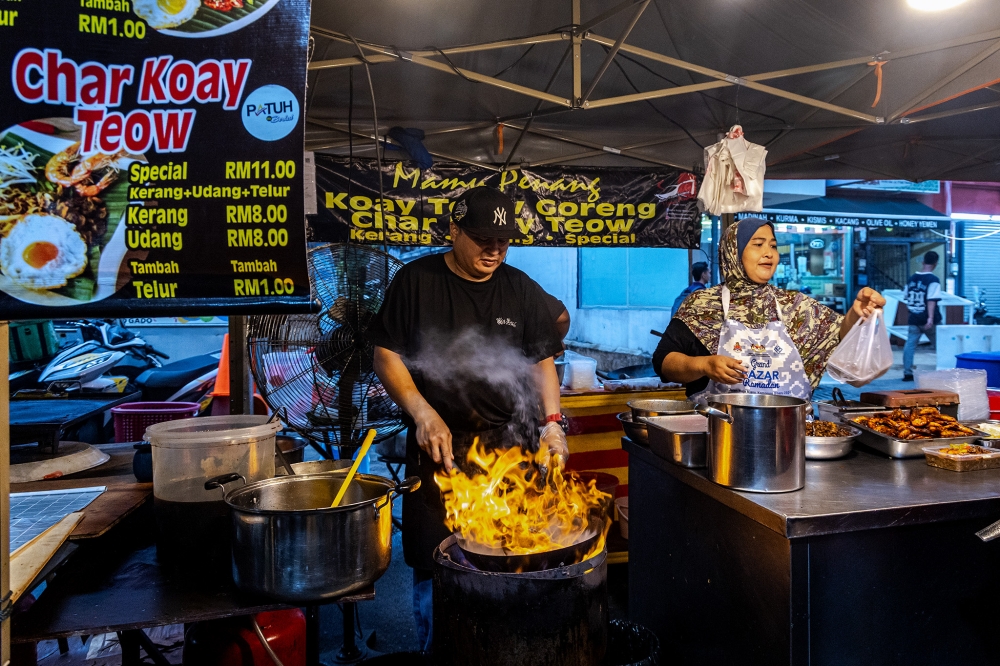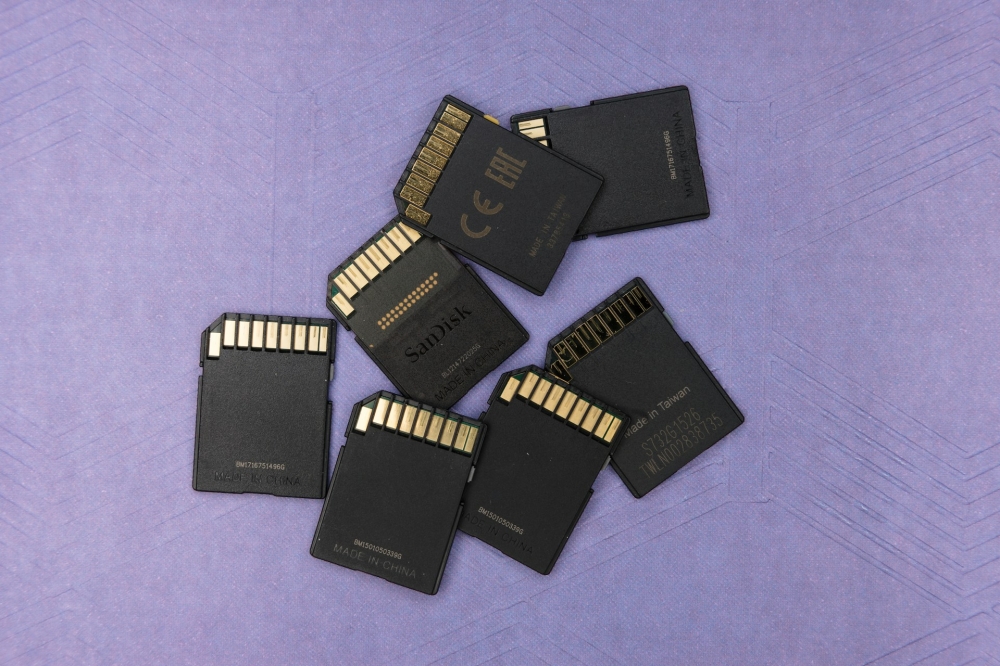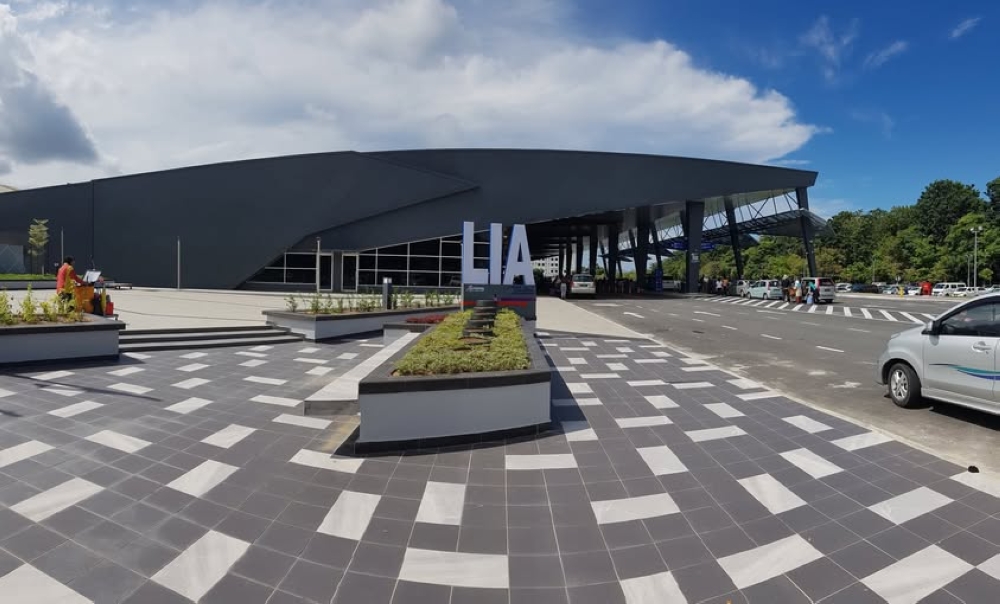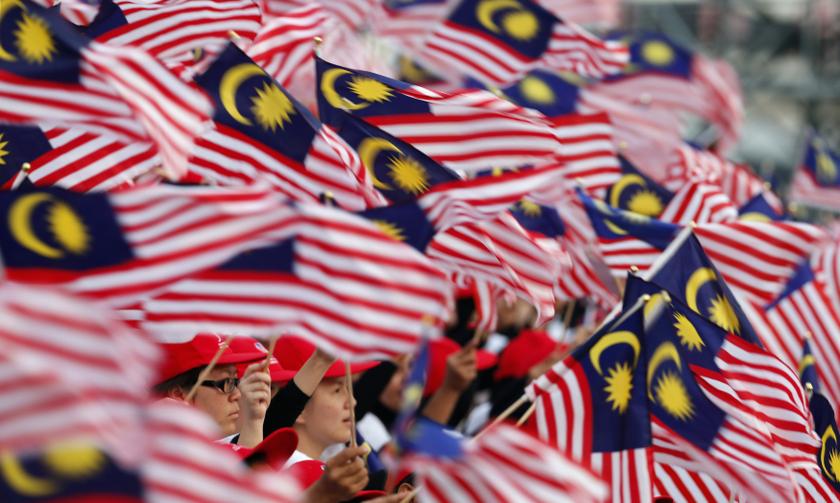KUALA LUMPUR, July 20 — Over the past week, certain local sports associations and media have criticised 2021 SEA Games host Vietnam for listing more Olympic sports events and leaving out many which could cost Malaysia dearly in the chase for medals.
Even the Olympic Council of Malaysia (OCM) chimed in, saying that the national contingent stood to lose 18 golds at the Vietnam Games compared to the 2019 Manila Games.
If that’s not bad enough, it revealed that the number would spike to 40 if compared to the 2017 Games held in Kuala Lumpur.
At the 2019 Manila Games, Malaysia finished fifth with 55 golds, or about 10 per cent of the 530 at stake. At the 2017 KL edition, the national contingent emerged overall winners after claiming 145 golds, or close to 36 per cent, of the 406 up for grabs.
Now, let’s look at the 36 sports, involving 450 events, that will be held at the Vietnam Games in Hanoi from November 21-December 2 next year.
Based on the official list, the Olympic sports that will be contested in Vietnam are athletics, aquatics (swimming and diving), archery, badminton, basketball, boxing, canoe, cycling (road and mountain bike), dancesport (with breaking set to debut in Paris 2024), fencing, football, golf, gymnastics, handball, volleyball, judo, karate, rowing, shooting, table tennis, taekwondo, tennis, weightlifting and wrestling.
The non-Olympic sports are billiards and snooker, chess/xiangqi (Chinese chess), futsal (same category as football), Muay Thai, pencak silat, petanque, sepak takraw, finswimming, bodybuilding, wushu, kurash, kickboxing, vovinam (Vietnamese martial arts).
No wonder all the brickbats are flying as Malaysia’s golden pot lies in netball, indoor hockey, lawn bowls, sailing, Rugby 7s, squash, tenpin bowling and water ski — all of which have been excluded by Vietnam.
In SEA Games, it is very common for the host countries to chose the sports they are strong at, while adding some of their traditional sports into the mix. Previous hosts the Philippines, Malaysia and Myanmar are no exception.
So, why the fuss when Vietnam has listed most of the Olympics sports? And why the obsession with medals when it’s performance and standards that we should aim for?
What’s so bad about having more Olympic or Asian sports events at the 31st edition of our regional Games?
Aren’t we supposed to be preparing our athletes for higher goals — meaning Olympic, Asian and Commonwealth medals? Isn’t that the objective of establishing the high-performance Podium Programme in 2016?
We still have one year plus to prepare our athletes, especially our youngsters, for the SEA Games, while at the same time gearing them up for podium finishes at higher levels.
Let’s learn from Vietnam, which has shown steady progress in the last few SEA Games, especially in Olympic sports. At the 2019 edition in Manila, Vietnam finished second with a 98-85-105 medal haul.
Vietnam has not only shown improvement in the SEA Games but it has also made its mark at the Olympic level.
While Malaysia has been competing in the Olympics since the 1956 Melbourne Games and won its first medal — a bronze through Sidek brothers of Datuk Razif and Datuk Seri Jalani in men’s badminton doubles event — in Barcelona in 1992, Vietnam has already won a gold medal despite only making its Olympics debut at the 1980 Moscow Games.
The war-torn country won its first medal — a silver through taekwondo exponent Tran Hieu Ngan in the women’s below 57kg event at the Sydney Games in 2000 before Hoang Xuan Vinh finally gunned down Vietnam’s first gold at the 2016 Rio Games in men’s 10-metre air pistol.
While Malaysia still awaits its first gold, neighbours Thailand (9 golds), Indonesia (7) and Singapore (1) have all basked in the glitter of gold and heard their national anthems played at the biggest multi-sports Games in the world.
It’s time Malaysian sports authorities and administrators set their priorities right so that ‘Negaraku’ will reverberate at the highest level of the global stage sooner rather than later. — Bernama





